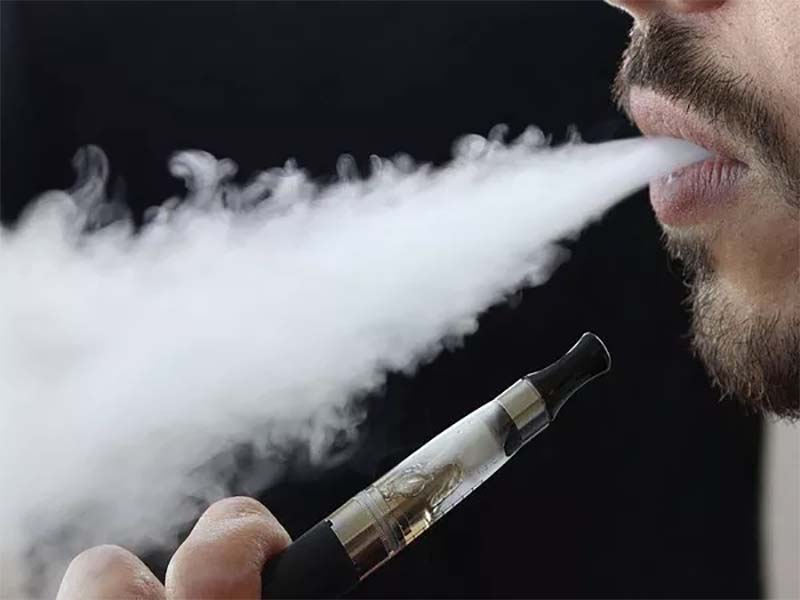WASHINGTON: People who use electronic cigarette are nearly twice as likely to experience wheezing compared to those who do not regularly use tobacco products, a study has found.
Wheezing, which is caused by narrowed or abnormal airways, is often a precursor to other serious health conditions such as emphysema, gastro-esophageal reflux disease, heart failure, lung cancer and sleep apnea.
The findings, published in the journal Tobacco Control, are consistent with past research that shows emissions from electronic cigarette aerosols and flavourings damage lung cells by generating harmful free radicals and inflammation in lung tissue.
“The take-home message is that electronic cigarettes are not safe when it comes to lung health,” said Deborah J Ossip, a professor at the University of Rochester Medical Center (URMC) in the US.
“The changes we’re seeing with vaping, both in laboratory experiments and studies of people who vape, are consistent with early signs of lung damage, which is very worrisome,” said Ossip.
Electronic cigarettes are extremely popular in the US Data from the National Center for Health Statistics indicates that close to 13 per cent of US adults have tried electronic cigarettes and nearly 4 percent currently use them.
Although electronic cigarettes are marketed as a less harmful alternative to cigarette smoking, many concerns remain related to the long-term health consequences of vaping.
Researchers from URMC analysed data from more than 28,000 adults in the US who took part in the Population Assessment of Tobacco and Health (PATH) study.
After adjusting for age, gender, race/ethnicity, body mass index, secondhand smoke exposure and other factors, adult vapers were 1.7 times more likely to experience wheezing and related respiratory symptoms (such as difficulty breathing) compared to non-users.
The analysis cannot prove that vaping causes wheezing; it only identifies an association between the two, researchers said. The data does not include information on some important factors that could influence the results, such as participants’ diet and physical activity levels.
Despite these limitations, the research identifies another health repercussion from vaping. (AGENCIES)


